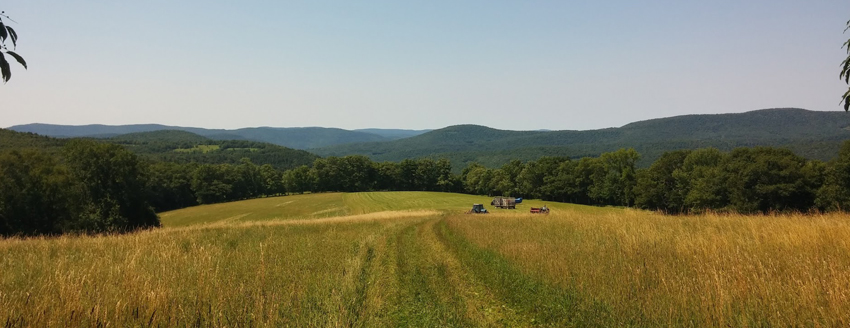What Is A Conservation Easement?
What is a Conservation Easement and Why Should I Consider One?
Conservation easements allow people to protect the land they love. They are the most effective tool available for the permanent conservation of private lands.
Generally, conservation easements are either sold or donated by a landowner to a qualified conservation organization (land trust or government agency) and constitute a voluntary legal agreement that limits or conditions certain types of uses of the land, in perpetuity, in order to fulfill the conservation purposes of the easement.
Conservation easements preserve land for future generations by restricting or conditioning certain rights or uses, such as the right to subdivide or develop the property, to protect conservation values, such as the preservation of agricultural and forestry lands and the protection of water quality. Landowners retain many of their rights, including the right to own and use the land, sell it, and pass it on to their heirs. A conserved property continues to provide economic benefits to both the landowner and the greater community. The land remains on the tax rolls in private ownership.
As a legally binding document, a Deed of Conservation Easement is recorded at the county in which the property is located and becomes identified as a permanent interest in the property’s record.
Once a conservation easement has been sold or donated, the qualified organization (that holds the easement) is obligated to defend its conservation purposes through stewardship.

